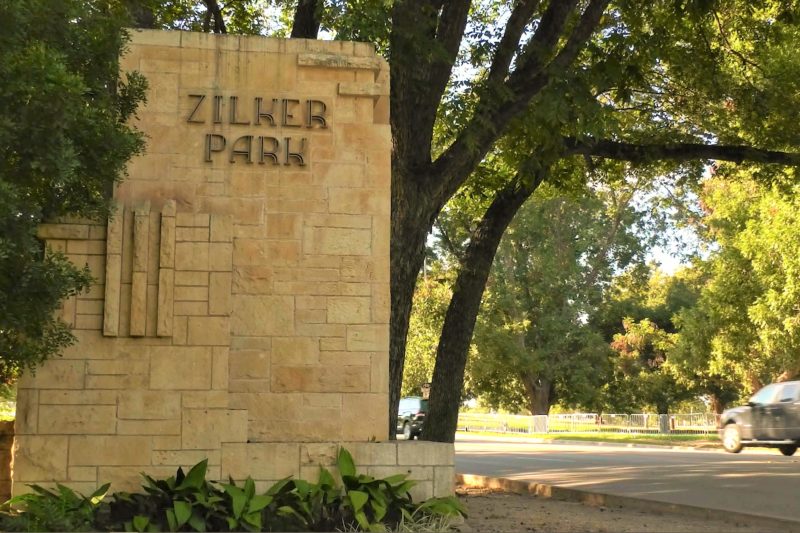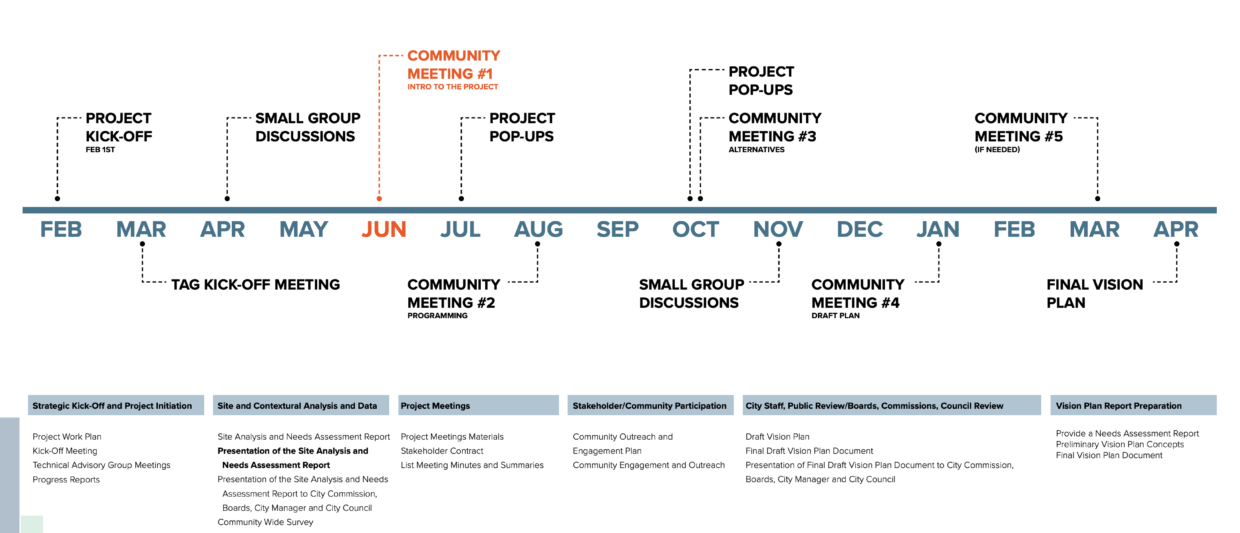Zilker Vision Plan Aims to Overhaul Visitor Experience at Zilker Park
By Jack Starks
Reporting Texas TV
AUSTIN, Texas – Austin’s green gem may be forever changing.
The Austin Parks and Recreation Department is developing the Zilker Metropolitan Park Vision Plan to establish direction for Zilker Park’s growth. The plan will address changes to the park’s ecology, environmental sustainability, historical preservation, inclusivity and accessibility.
“We wanted to develop a vision plan to help facilitate and create a vision on how development of the park or enhancements of the park could occur,” said Gregory Montes, the program manager of the Zilker Vision Plan.
Montes said Zilker Park draws about 2.6 million visitors each year. The Plan encompasses a 100-year vision for the park’s development, with the purpose of enhancing the park’s facilities and features to generate more positive public engagement.

The Austin Parks and Recreation Department is developing plans to overhaul the visitor experience at Zilker Park. Residents can respond to the Community Survey on the plan’s website. (Photo: Jack Starks)
As part of the plan, Montes believes close attention needs to be put into improving Zilker Park’s historical and cultural preservation.
He said the Zilker area was a resource-rich hunting ground for the Indigenous peoples of Central Texas for thousands of years. Bringing attention to this history is part of the Vision Plan’s goals.
“That’s an area we need to work on. That would maybe be an exhibit and something that visitors could come and learn about,” Montes said.
There are already small historical markers around the park, but most of them explain the construction of the park’s landmarks during the 1930s.
These new exhibits, although in the early stage of development, would be larger, more complex and human-focused.
“The storylines are important to cover and to touch on so that people understand what that looks like and how we got where we are today as a society, as a city and as a park,” Montes said.
Mariah Wade, a professor in the Department of Anthropology at the University of Texas at Austin, said the possible addition of new exhibits is welcomed by Austin’s Indigenous population.
“It’s about time for the state and the people that have say to actually acknowledge the earliest groups that inhabited Texas,” Wade said.
Wade explained the Native tribes in central Texas were nomadic. The park’s resources were cherished and utilized by dozens of Indigenous tribes who practiced hunting and gathering.
The exhibits, Wade believes, should reflect this intrinsic relationship to the land.
“Naming the groups would be basically meaningless because most people don’t know anything about that. An emphasis on the resources and what Native Americans cherished and used as hunters and gatherers would probably be more effective,” Wade said.

The Zilker Park Metropolitan Vision Plan is midway through development with the final release planned for April 2022. (Graphic Courtesy: Austin Parks and Recreation)
Marika Alvarado is an Apache medicine woman who practices traditional medicine with the Dell Medical School at the University of Texas at Austin.
From her experiences working with patients outside the Indigenous community, Alvarado has discovered there is a broad misunderstanding of Native American history in Texas.
“They have a hard time understanding we’re nomads,” Alvarado said. “I have so many people say, ‘Where exactly were they?’”
The Vision Plan is still undergoing development and the city is accepting feedback. Currently, Austin residents can respond to the Zilker Park Vision Plan Community Survey #4.
The plan’s program manager, Montes, hopes diverse feedback can help to make Zilker an environment that grows with Austin’s transforming population
“As we continue to diversify, we need to serve that community,” Montes said.